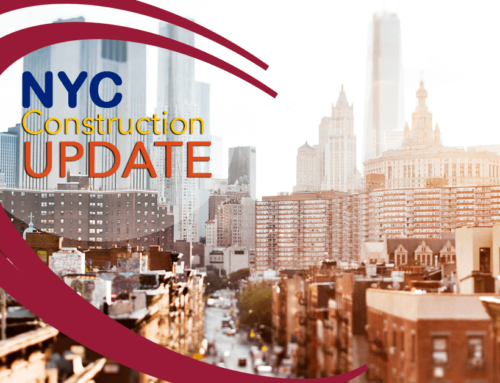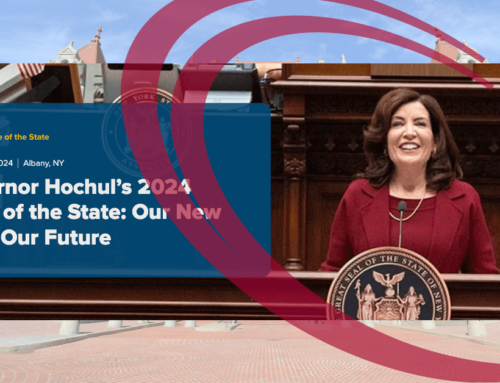Imagine an early April Afternoon in 1967. Earl Warren, the Chief Justice of the United States is on his way to help open New York’s final state constitutional convention of the 20th century. In the words of Earl, “You are the lineal descendants of New Yorkers such as Alexander Hamilton and John Jay.” That was the last time this was ever attempted. Every 20 years, the option to hold a new constitutional convention is on the voter’s ballot. But so far, the vote has always been a resounding no.
In November, voters will be asked whether New York should hold its first constitutional convention of the 21st Century, or hold off for another 20 years. The utter failure of 1967 left a stain on all future decisions regarding the convention, even though so many things have changed politically since that time. However, the ‘67 convention was the only one held since the Great Depression era and is the only possible example to represent what a present-day convention could be like.
What seems to be the major consensus of the convention is that it would be a complete waste of time and resources. Another concern is that it would bear the same result as the ’67 convention, which would change absolutely nothing. Supporters instead feel that another convention could move forward past the previous political arguments in Albany. They are also quick to mention that many of the constitution’s provisions were used in the following years, even though they had been previously voted down.
Soon to retire New York State Assemblyman of 42 years, Herman D. Farrell Jr., known as Denny, even decides to weigh in on this possible new convention. “I’m opposed to it. That’s all we need.” Farrell feels that the government still needs time to catch up and become more modern because things don’t necessarily work like they used to. He explains this more in a podcast that you can listen to here.
There were many ideas and changes discussed at the ’67 convention that led to conflicts between the political parties. This tension then trickled down throughout multiple levels of government. Battles over redistricting even occurred at the local level. And it would soon become clear that much more would be discussed and dealt with than just redistricting.
The same question remains. Should New York hold another constitutional convention in 2019? Is it yet time to reform policy and catch up to modern day political viewpoints? Or, are we likely to see the same, “No” that has held prevalent over the last 50 years? Only time will tell, so you might as well educate yourself on these topics while you still can.





